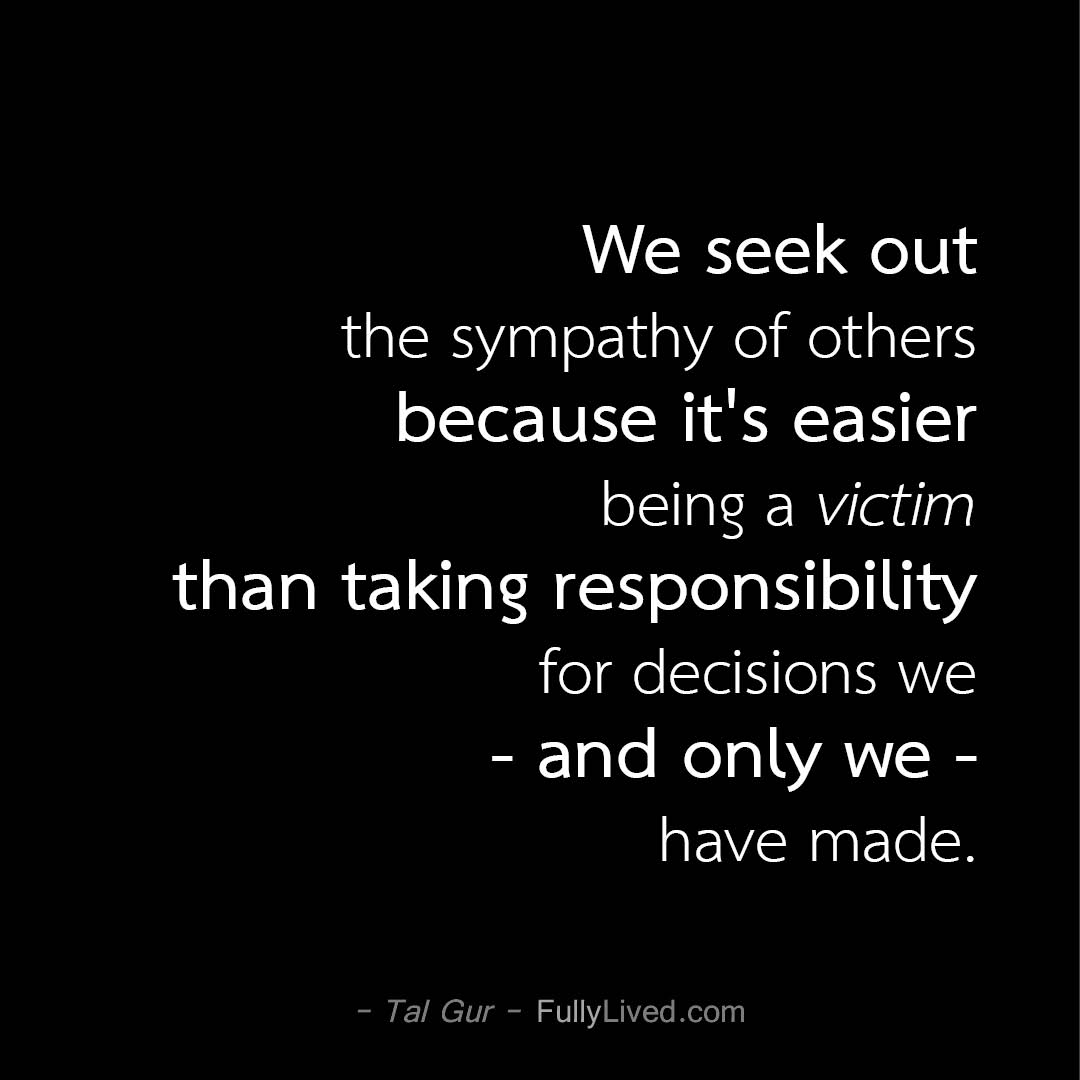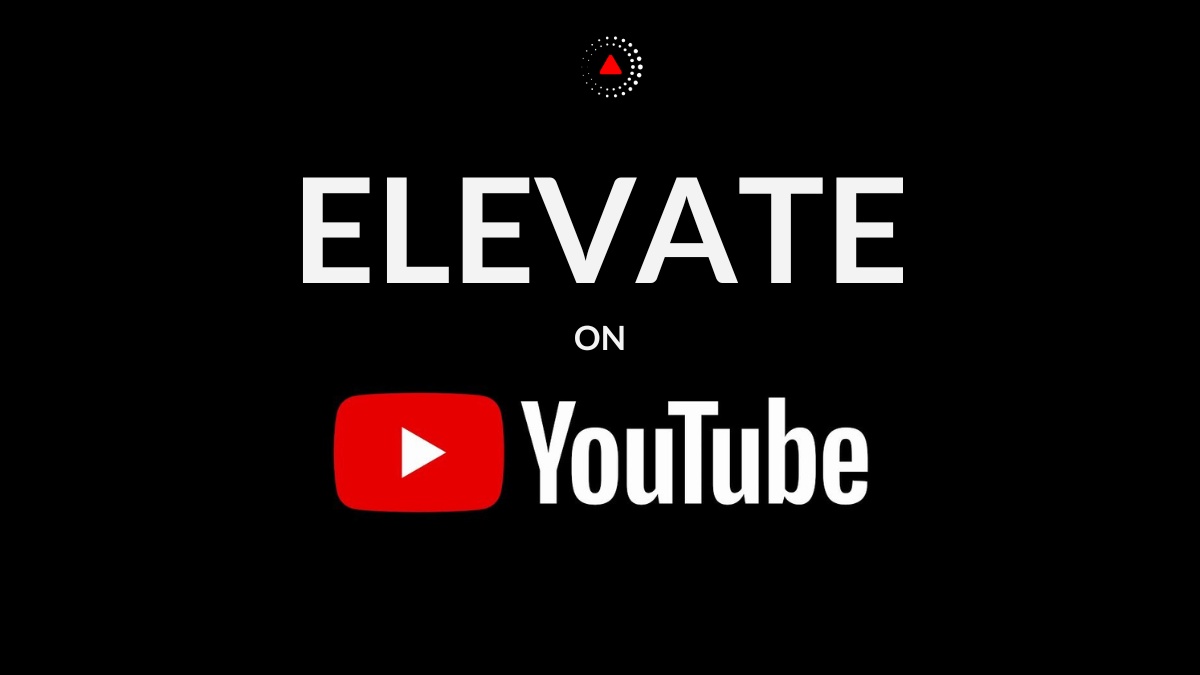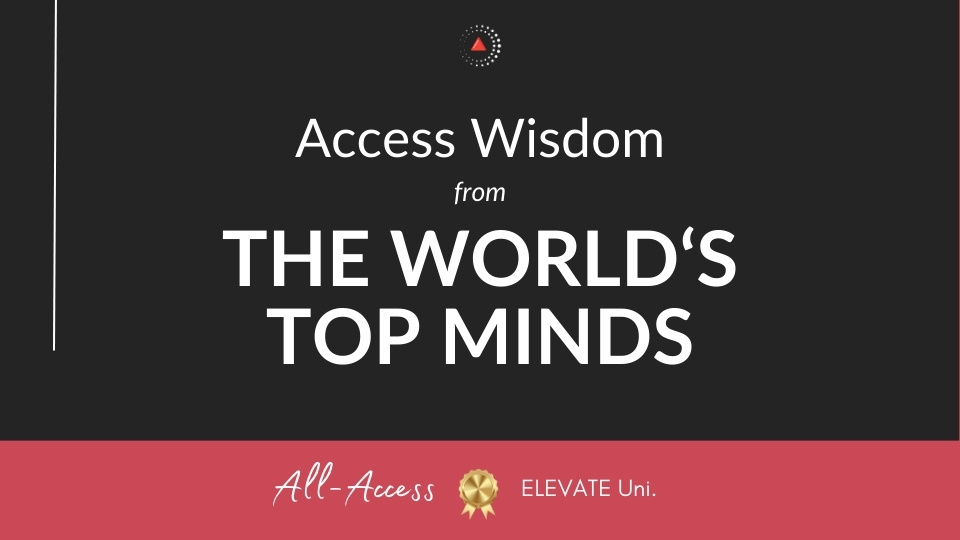We seek out the sympathy of others because it’s easier being a victim than taking responsibility for decisions we – and only we – have made.
The essence encapsulated within the quote "We seek out the sympathy of others because it's easier being a victim than taking responsibility for decisions we - and only we - have made" offers an insightful perspective on human behavior. At its core, it explores the inclination to embrace a victim mentality rather than facing the consequences of our own choices. This concept illuminates the allure of sympathy, which often serves as a refuge from personal accountability.
When faced with the repercussions of our decisions, it is tempting to seek solace in the compassion of others. The empathy and understanding we receive can momentarily alleviate the weight of our own actions. By positioning ourselves as victims, we may garner sympathy, which provides temporary comfort and support from those around us. This dynamic offers a respite from the burden of responsibility and allows us to evade the discomfort of acknowledging our role in the outcome.
However, succumbing to the allure of victimhood can be a deceptive path. While it may initially shield us from facing the consequences, it ultimately stunts personal growth and self-awareness. By relinquishing accountability, we deny ourselves the opportunity to learn from our mistakes, make amends, and evolve as individuals. The cycle of seeking sympathy may trap us in a perpetual state of helplessness, hindering our progress and perpetuating a cycle of self-inflicted disempowerment.
Taking ownership of our decisions is a pivotal step towards personal development and empowerment. It requires a willingness to confront the choices we have made, acknowledge their impact, and actively work towards rectifying any harm caused. While it may demand introspection, humility, and the courage to face uncomfortable truths, it opens doors to growth, resilience, and the capacity to create positive change in our lives.
By recognizing that our actions shape our circumstances, we reclaim agency over our lives. We shift from the passivity of victimhood to the proactive mindset of a responsible individual. Embracing accountability enables us to make informed choices, learn from setbacks, and develop the resilience necessary to navigate life's challenges.
In conclusion, the quote in question invites us to reflect on our tendency to seek sympathy as a means of evading responsibility. It reminds us that although being a victim may temporarily alleviate the weight of our decisions, it hinders our personal growth and perpetuates a cycle of disempowerment. By embracing accountability, we free ourselves from the limitations of victimhood and embark on a path of self-improvement, resilience, and empowerment. Ultimately, the true measure of our character lies not in how we evade responsibility, but in how we courageously face it and learn from it.
Is there a historical example that illustrates the message of the quote?
An apt illustration comes from the leadership of Richard Nixon, the 37th President of the United States.
In the 1970s, Nixon's presidency was involved in the infamous Watergate scandal. His team was caught spying on the Democratic National Committee in an effort to interfere with the 1972 presidential election. When the story broke, rather than taking responsibility for the decisions made under his leadership, Nixon attempted to distance himself from the scandal, deflecting blame and seeking sympathy.
Nixon tried to portray himself as a victim of political opposition and media bias. His speeches and statements often sought to portray the investigations as politically motivated "witch hunts." However, the truth was that his administration made the decision to authorize illegal activities, and when caught, they sought to cover up their involvement.
Nixon eventually became the first U.S. President to resign from office in 1974 due to the overwhelming evidence against him. His failure to accept responsibility for the decisions made during his presidency led to a significant political and personal fallout. This episode underscores the message that it's easier to play the victim than to take responsibility for one's decisions.
*To obtain more inspiration and motivation to achieve your goals, you definitely want to check out my extensive list of growth goals. This page contains SMART goal ideas that can help you establish new aspirations and attain greater heights in your personal growth journey. I utilized this page myself to create my own list of 100 life goals, which I dedicated a decade to pursuing.
Chief Editor
 Tal Gur is an author, founder, and impact-driven entrepreneur at heart. After trading his daily grind for a life of his own daring design, he spent a decade pursuing 100 major life goals around the globe. His journey and most recent book, The Art of Fully Living, has led him to found Elevate Society.
Tal Gur is an author, founder, and impact-driven entrepreneur at heart. After trading his daily grind for a life of his own daring design, he spent a decade pursuing 100 major life goals around the globe. His journey and most recent book, The Art of Fully Living, has led him to found Elevate Society.



























